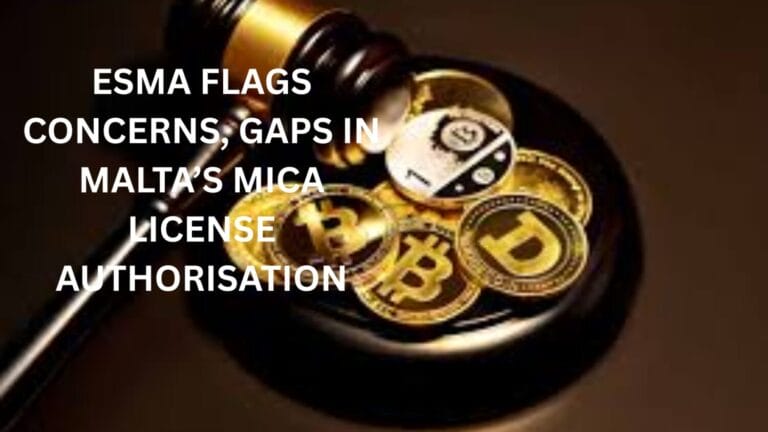Key Takeaways:
- SEC opposes Ripple’s attempt to redact financial and securities sales information
- Ripple argues that disclosing this information poses significant operational risks
The ongoing legal battle between the US Securities and Exchange Commission (SEC) and Ripple has taken another turn.
In a court filing, the SEC objected to Ripple’s attempt to redact critical evidence in their remedies briefing. This evidence, the SEC argues, is essential for determining appropriate remedies in the case.
Ripple had previously filed a motion to redact financial and securities sales information, including details about its post-complaint XRP institutional confidential business data.
((SOURCE: SEC))
The company argued that public disclosure of this information would pose significant risks to its operations. Ripple contended that these details were not pertinent to the core legal issues of the lawsuit and thus should remain sealed.
However, the SEC disagreed, filing a counter-motion that calls for the court to make Ripple’s financial details public. The SEC believes that these details are vital for understanding the extent of Ripple’s XRP sales and are necessary for the legal process.
According to the SEC, Ripple’s request to redact information about its revenues and expenses, especially dating back to 2014, is unjustified. The regulator emphasized that this data could shed light on Ripple’s sales practices and help in assessing the remedies.
The SEC also noted that some of the information Ripple seeks to redact is already publicly available or outdated, undermining Ripple’s argument that its disclosure would cause substantial harm.
The SEC’s filing highlights that while it does not oppose the sealing of Ripple’s recent financial statements as a whole or the five specific exhibits in their entirety, it strongly contests the redaction of historical financial data.
In its argument, the SEC pointed out that Ripple’s past sales practices, including offering XRP at discriminatory prices, are relevant despite being several years old. The regulator mentioned that Ripple’s discounts on XRP sales, which occurred between 2014 and 2020, are crucial for understanding the company’s actions and evaluating the appropriate remedies.
This latest development comes as the SEC seeks a substantial $2 billion fine against Ripple, a figure the crypto company has called baseless. Ripple, on the other hand, argues that any penalty should not exceed $10 million, emphasizing that it has reformed its sales practices and contracts.
Ripple remains optimistic, as stated in its first-quarter report, that the judge will handle the remedies phase fairly. However, the SEC contends that sealing the documents would hinder public scrutiny of the penalties or remedies, impacting the transparency of the case.









